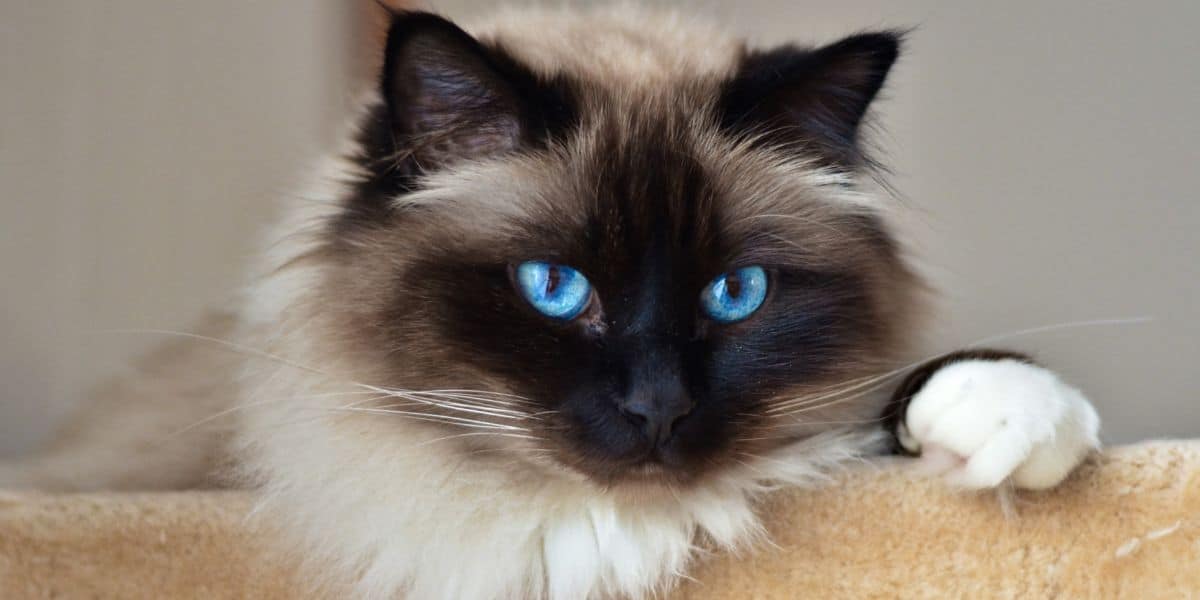The Complex Factors Influencing a Cat's Lifespan
Determining the average lifespan of cats is a complex task, as various factors come into play, including breed, diet, lifestyle, and preventative care. Generally, cats tend to live between 13 and 15 years, with certain breeds, like Siamese and Maine Coon cats, capable of reaching up to 20 and 25 years, respectively.Interestingly, studies have shown that cats adopted from shelters may live longer than those purchased from breeders due to their genetic diversity. Furthermore, spaying or neutering your cat can increase their lifespan by up to three years, while leaving them unaltered may shorten it by five years. Additionally, indoor cats usually enjoy longer lives than outdoor cats, thanks to a more controlled environment and fewer risks.
Common Health Issues Affecting Feline Longevity
Like any living being, cats are susceptible to various diseases and health issues throughout their lives. Some common illnesses include:Kidney Failure: A leading cause of death in cats over eight years old, kidney failure results from a diminished ability to filter toxins from the body.
Diabetes: Cats can develop diabetes due to insufficient insulin production or the body becoming resistant to it.
Cancer: As cats age, they become more prone to various types of cancer, such as lymphoma, squamous cell carcinoma, and breast cancer.
Heart Disease: Older cats are also at risk of developing heart disease, which can lead to congestive heart failure (CHF).
Respiratory and Urinary Tract Infections: Cats may suffer from respiratory and urinary tract infections, which can cause complications if left untreated.
A Purr-fect Life: Tips for Keeping Your Cat Healthy and Happy
To ensure your feline companion enjoys a long, healthy life, consider the following tips:Regular Vet Check-ups: Schedule routine veterinary appointments to detect and address potential health issues early on.
Exercise and Mental Stimulation: Provide plenty of playtime, exercise, and mental stimulation to keep your cat active and ward off boredom and depression.
Balanced Diet: Feed your cat a high-quality, protein-rich diet specially formulated for felines, and always provide fresh water.
Vaccinations: Keep your cat up-to-date on vaccinations to protect them against contagious diseases and reduce the risk of serious health problems.
By understanding the factors that contribute to a cat's lifespan and taking proactive steps to promote their health and happiness, you can help ensure a long, fulfilling life for your beloved feline companion. Share this article with fellow cat lovers to spread the word about the mysteries of feline longevity and the secrets to a purr-fect life.

There are currently no more comments available.